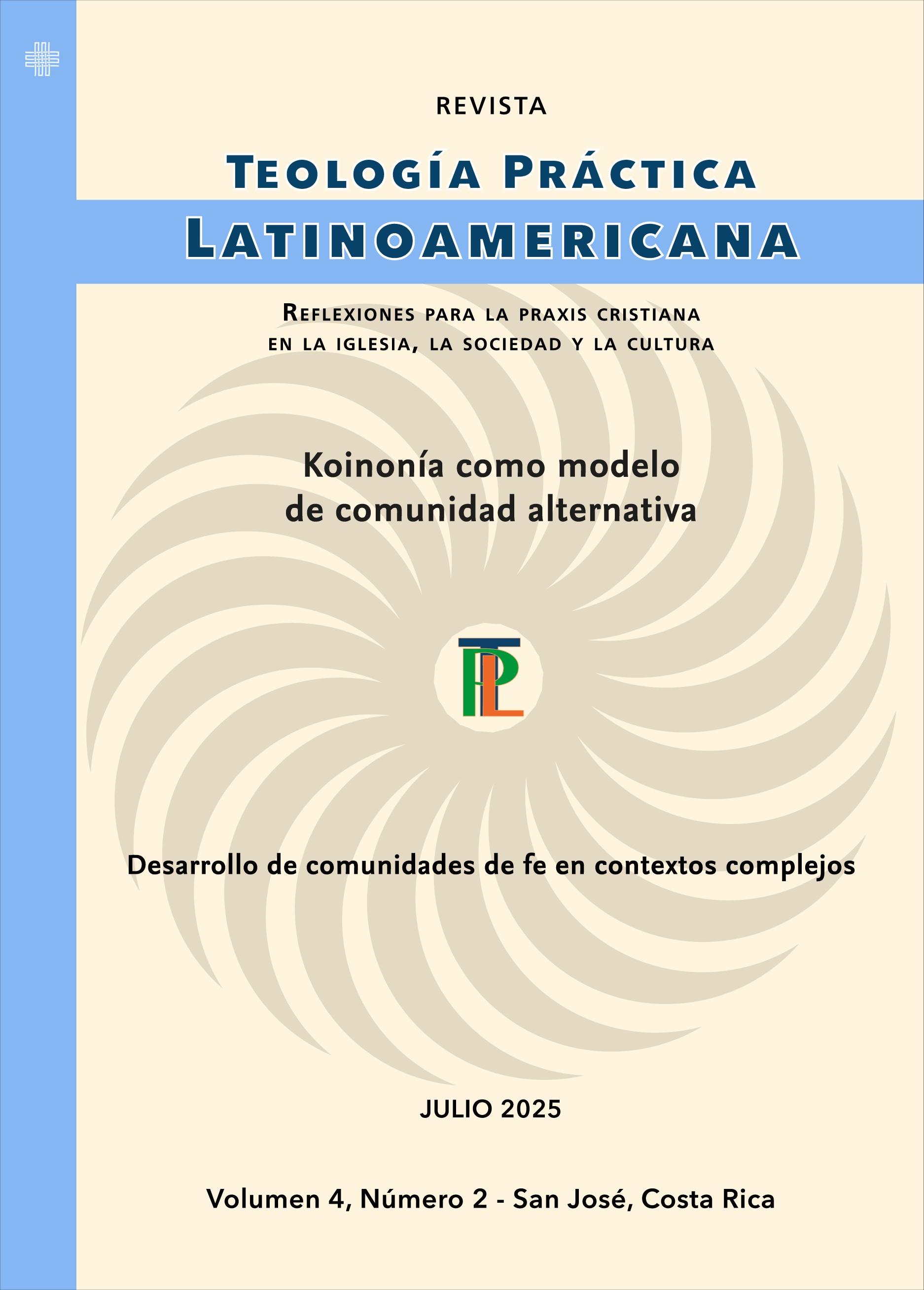Reproductions of prison Pentecostalism
An analysis of the space and Pentecostal prison pastoral care in the Lurigancho prison
Abstract
This study analyzes how and with what elements the Pentecostal prison space in the Lurigancho prison contributes to prison control and governance, in contrast to an institutional management characterized by corruption and uncontrolled privileges. For the analysis, the concept of “presonization” is used, which is placed in dialogue with the theories of Michel Foucault on power and institutionalized prison hierarchies, and Erving Goffman on prison as a total institution imposed on the inmate. In this process, the inmate-convert acquires agency through various tools provided by the church, which are observed in various religious practices, such as prayers, fasting and teachings. Although these practices promote individual and collective identity transformations, they do not manage to question, much less break with patriarchal structures, which means that through them the ideals accepted by society to be “good people” (good testimony) are legitimized.
The study used a qualitative methodology based on thematic analysis and a sample composed of 11 interviews with former inmates converted from Pentecostal churches in the Lurigancho prison. The analysis is enriched with my experience in pastoral work within the prison system and with some studies on prison ethnography, religious informality, criminal culture and on the role of evangelical groups in prison and their influence on collective religious imaginaries. Likewise, we rely on Francisco Durand’s proposal on the reproduction of Peruvian culture, which allows us to understand the extra- and intra-prison criminal culture that favors the processes of “presonization” in contrast to total institutional “imprisonment”.
